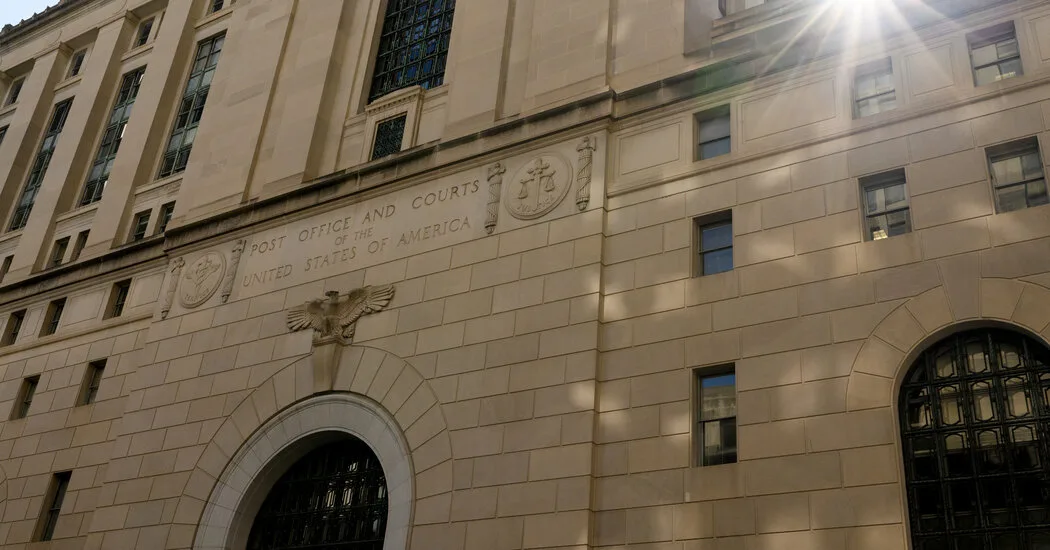
After a jury determined on Wednesday that Robert Bowers, the gunman who killed 11 worshipers at a Pittsburgh synagogue, should face the death penalty, loud sobbing could be heard in a hallway of the courthouse and several relatives of victims of the shooting could be seen crying as they walked out of the courtroom.
Nor did relatives and friends of the victims or members of the wider Jewish community all react the same way when the jury delivered its verdict. Some expressed firm approval of the death sentence or acceptance that the jury had reached the right decision, while others were disappointed at the outcome.
“This sentence is a testament to our justice system and a message to all that this type of heinous act will not be tolerated,” relatives of Rose Mallinger, a 97-year-old member of the Tree of Life congregation who was killed in the attack, and her daughter, Andrea Wedner, who was severely wounded, said in a statement.
The family of Bernice and Sylvan Simon, a married couple in their 80s who were killed, expressed their “extreme gratitude” to the jurors and said “we fully respect their verdict and decisions.”
Rabbi Jeffrey Myers of the Tree of Life Congregation, who had to hide in a bathroom to survive the attack, said in a statement that many members of the community had been “stuck in neutral” as the case moved through the courts. “Now that the trial is nearly over and the jury has recommended a death sentence,” he said, “it is my hope that we can begin to heal and move forward.”
The co-presidents of the New Light congregation, which lost three members in the attack, issued a statement acknowledging the wrenching debate that had preceded the trial.
“Many of our members prefer that the shooter spend the rest of his life in prison, questioning whether we should seek vengeance or revenge against him,” Stephen Cohen and Barbara Caplan wrote in the statement.
Even so, the co-presidents wrote, they agreed with the government’s decision to pursue death.
“We take this position not out of a desire to seek revenge or to ‘even the score,’ but because we believe that the shooter crossed a line,” they said. “Too often in the past — and not just the recent past — governments and religious authorities have looked away when murder and mayhem occurred against Jews.”
Jean Clickner and her husband, Jon Pushinksy, who are members of the Dor Hadash congregation, one of three that was attacked inside the synagogue, kissed each other on Wednesday as they left the courthouse following the verdict.
Ms. Clickner, a lawyer, said she was against the death penalty in general but did not fault jurors for unanimously voting to sentence Mr. Bowers to death.
“It’s a very personal decision, so it is what it is, and I am glad to have this part over with,” she said.
Some organizations praised the verdict. Michael Masters, the national director and chief executive of the Secure Community Network, which provides security training for American Jewish institutions, said that the sentence “sends a message to violent extremists, terrorists, and antisemites everywhere that the United States will not tolerate hate and violence against the Jewish people, nor any people of faith.”
Others were critical. Abraham Bonowitz, the executive director of Death Penalty Action, which opposes capital punishment and has written about his opposition to the death penalty in the Pittsburgh case from a Jewish perspective, noted that appeals were likely to drag the case on for years, “reopening wounds repeatedly.”
“Instead of fading to obscurity, this racist, antisemitic terrorist gains notoriety as a martyr for others who think like he does,” he said.
Squirrel Hill Stands Against Gun Violence, a group founded by three members of Congregation Dor Hadash after the attack, said in a statement on Wednesday that blame for the attack lay not only with the gunman, but also with “those politicians and legislators who have fought against common-sense gun laws.”
Jon Moss and Nicholas Bogel-Burroughs contributed reporting.

